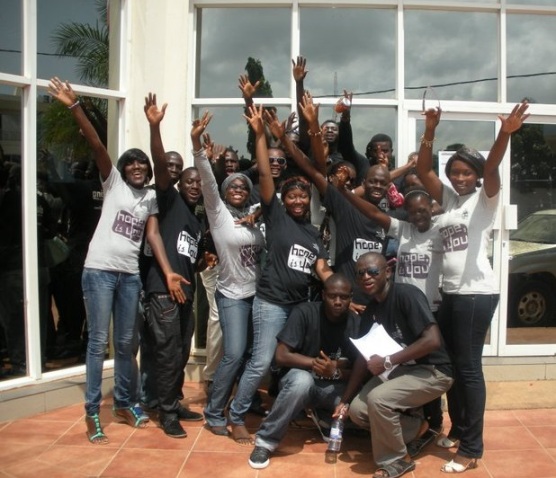For many decades, gender equality has been the subject of much debate, with the main issue being its nonexistence in our world. By nonexistence, we refer to the remarkable absence of equality and equity in various spheres, ranging from the social to the economic, political and other sectors.
It is no coincidence and certainly with great reason that the promotion of gender equality figures in the Millennium Development Goals, with special focus on equal access to education, political leadership and employment opportunities. Arguments have linked improvements in promoting gender equality to an increased progress in attaining the other seven MDGs for obvious reasons.
It is important to note that the call for gender equality predates the establishment of the MDGs, reaching far back into history and gaining greater momentum around the beginning of the 19th century. The movement was further pronounced by significant milestones like the creation of the Convention on the Elimination of all Forms of Discrimination against Women (CEDAW), the United Nations Convention on the Rights of the Child (UNCRC), the 2005 Beijing Platform for Action, among others.
Barely a year to the target date for the attainment of the MDGs, the progress made in the various sectors still leave much to be desired. Gender inequality remains a significant problem in most parts of the world, regardless of economic, political and social advancements registered.
One is bound to question the effectiveness of the various projects and measures put in place to promote the cause and ensure much progress is made. Why haven’t we seen more improvements in this area, despite the growth in human rights and especially, feminist groups working for a common cause?
The growth in the women’s movement did not leave the world indifferent; very significant encouragement and criticism have been received. Equally significant is the reaction to the nature of the participants in and promoters of the cause for gender equality. It has become normal to identify gender equality as a women’s issue, extending to the labeling of women’s rights advocates with various adjectives, most of which are not positive. Angry, bitter, man-hating, male-bashing, brainwashed are just a few. This perpetuates the misconception that advocacy for gender equality is a domain exclusively for women, most of whom personify the adjectives listed above.
It is evident that one of the main issues hindering progress in achieving gender equality is the existence and preservation of traditional gender roles that naturally make leaders of men and followers of women. This already creates an “us VS them” dynamic, that continues to set one group against the other, in sticking with the binary definition of gender. However, it would be unfair to blame men for all the disparities in this cause, despite the suggestions that the opposition or passivity is due to the ‘fear’ of being overtaken and dominated by women. Arguments have presented women as contributors to the perpetuation of the challenges caused by gender roles, through their decisions to stick with the familiar and preserve their traditions and cultures.
This stems from a general misunderstanding of the call for gender equality, or the equally renowned fifty-fifty slogan and their objectives. It is, therefore, very important that people are sensitised and educated about the aims of the movement to foster better understanding and consequently increased participation in its promotion.
Only when all parties are aware and well-informed can we register even more progress in attaining equality and ending discrimination due to one’s gender. The empowerment of women translates to marked development in various sectors, as everyone is free to contribute their quota and develop themselves, their families and their communities.
It is also crucial that women’s rights groups work towards an end to the alienation of men from the work being done to advance gender equality. This has been a cause for concern and has contributed to the belief that promoting gender equality is a women’s issue, when it really affects people from everywhere around the world.
For this reason, gender equality should be everyone’s concern – male or female. With concerted efforts, preceded by equal opportunities, we’ll observe a growth in productivity and production while registering declines in issues like Violence Against Women touching on problems like early and forced marriages, domestic violence, FGM/C, rape culture etc, as well as the over-expectations on men to show dominance among other issues born from patriarchy. Respect of human rights flourishes and the existence of level grounds for all will positively affect the progress made on other development goals.
As the world transitions from the MDGs to the implementation of the Post-2015 Development Agenda, it will be beneficial to establish more inclusive approaches and promote more education on gender equality, its benefits and the consequent ripple effect of its progress with regards to other goals and causes.
There is strength in unity and our differences as humans should never be a threshold for injustice, inequality and the violation of basic human rights. Gender equality affects us all and should be everyone’s concern. It is not just a women’s issue. It is humanity’s issue.


Pingback: Gender Equality: A Call For Understanding And Partnership #WCY2014 | jaaba
Pingback: International Women’s Day: I Celebrate | Linguere
Pingback: Gender Equality: A Call For Understanding And Partnership #WCY2014 • Official Blog for WCY2014